
Erasmus plus EARLY project: partners’ meeting in Riga (Latvia)
The final meeting of the EARLY (Distance Learning Model Reinforced with Robotics for 3-7 Years Old Children) project partners takes place in Riga (Latvia) on
Here our latest news about robotics and ICT

The final meeting of the EARLY (Distance Learning Model Reinforced with Robotics for 3-7 Years Old Children) project partners takes place in Riga (Latvia) on
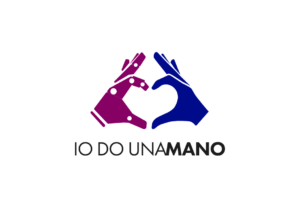
Held in Grugliasco (Turin) from 20 to 23 June 2024, promoted by Sportdipiù, the first Paralympic tennis world championships played standing up: more than 100
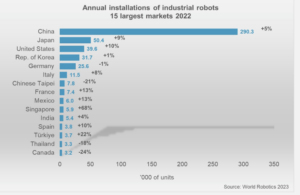
The Bank of Italy Annual Report 2023 paints an interesting picture of the use of robots in the Italian manufacturing sector. In Italy, industrial robots
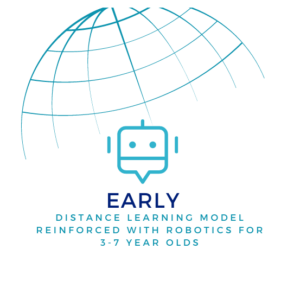
EARLY WORKSHOP 21/06/2024, h. 9-12:30 School of Robotics, Via Balbi 1A, Genoa (Italy) For whom: teachers, tutors, educators, students, parents, grandparents, aunts, uncles, older siblings…

On 13 March 2024, in a plenary vote, the European Parliament approved the AI Act, the law that establishes harmonised rules on Artificial Intelligence, in
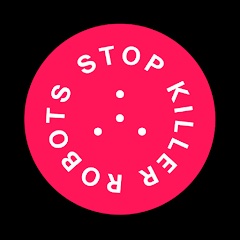
STOP KILLER ROBOTS is an association formed in October 2012 and publicly launched in 2013 as the Campaign to Stop Killer Robots, and has since

In Milan from 24 to 26 May 2024, the first edition of the Futuro Prossimo festival will be held: The school I want for the
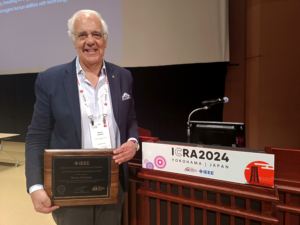
In March 2024, Open AI, the Artificial Intelligence research company that produced, among others, ChatGPT, released a video showing a humanoid robot following the requests
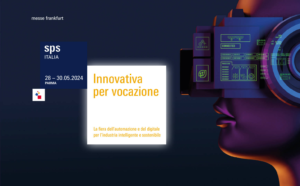
Girls women in ICT: A commitment for a fair balance of roles, an urgent need SPS ITALIA, the annual exhibition dedicated to digital automation for

Nao Show is an educational contest dedicated to secondary school students with the aim of experimenting, motivating and developing design skills and critical thinking using

I FEEL GOOD in the library- Robot@Library E. De Amicis” International Children’s Library – Genoa Online presentation conference: 16 May 2024 at 4 p.m.
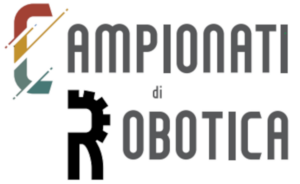
Robotics Championships: at M9 Museum in Mestre, the finals of the 2024 edition The Italian Ministry of Education and Merit, in collaboration with Scuola di
Completa il tuo profilo prima di continuare